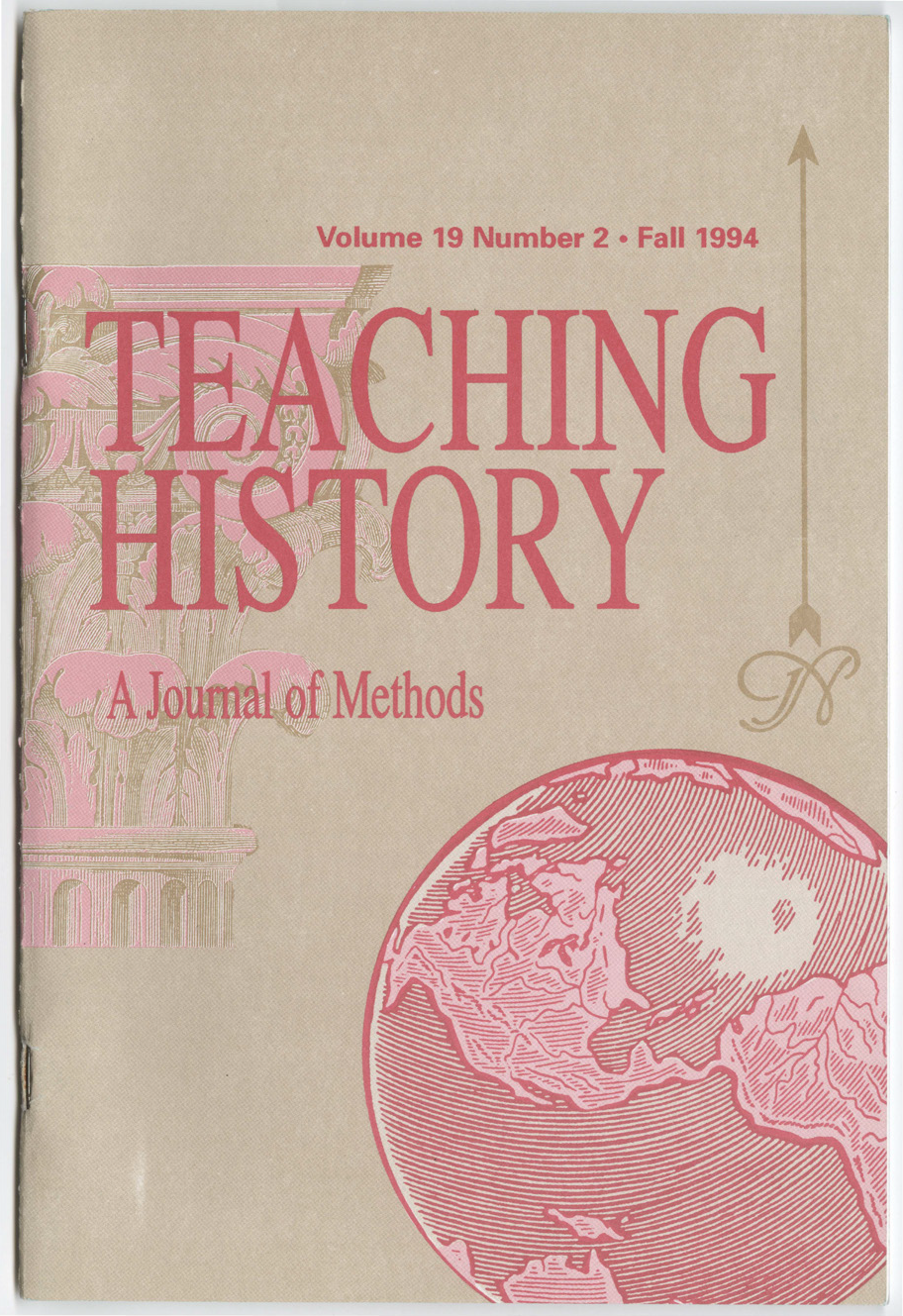The Identity Crisis Revisited
Teaching African American History
DOI:
https://doi.org/10.33043/TH.19.2.77-82Abstract
When our students come into our history courses they bring with them the messy puzzles regarding who they are, what they want to be, and confusion over how to answer those questions. History courses indirectly become a means by which they find some solace, if not clues, as to who and what they are. For Afro-American students, black history courses can easily become sought after places in which to resolve identity crises. For white students, African American history courses can either be exercises in feeling guilty or studying blacks as some foreign people. Only when all students are shown that Afro-Americans make up an integral part of American history and that they can learn about themselves as much as about black people over time can the real business of teaching Afro-American history take place. Which is to say that African American history is not just mainly about Identity as much as it is about the courageous efforts of black women and men to free themselves from the mental and physical shackles of slavery and the removal of racism. The identity component of African American history is not just unique to black people, but given the nature of the Afro-American experience, it illuminates what should be the core of all American history: the question of what is an American.1
Downloads
Downloads
Published
How to Cite
Issue
Section
License
Copyright (c) 1994 Charles Banner-Haley

This work is licensed under a Creative Commons Attribution-NonCommercial-NoDerivatives 4.0 International License.
By submitting to Teaching History, the author(s) agree to the terms of the Author Agreement. All authors retain copyrights associated with their article or review contributions. Beginning in 2019, all authors agree to make such contributions available under a Creative Commons Attribution-NonCommercial-NoDerivatives 4.0 International license upon publication.



